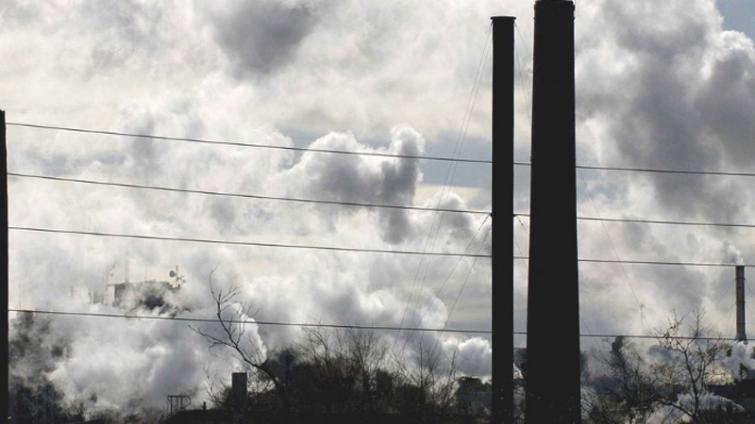
UN emissions report: World on course for more than 3 degree spike, even if climate commitments are met
New York/IBNS: Even if countries meet commitments made under the 2015 Paris Agreement, the world is heading for a 3.2 degrees Celsius global temperature rise over pre-industrial levels, leading to even wider-ranging and more destructive climate impacts, warns a report from the UN Environment Programme, released on Tuesday.
The annual Emissions Gap Report, which compares where greenhouse gas emissions are heading, versus where they need to be, shows that emissions need to fall by 7.6 per cent each year over the next decade, if the world is to get back on track towards the goal of limiting temperature rises to close to 1.5 degrees Celsius.
We're on perilous ground
We are on track for a temperature rise of over 3°C. This would bring mass extinctions & large parts of the planet would be uninhabitable.
If the world warms by more than 1.5 degrees, we will see more frequent, and intense, climate impacts – as the Intergovernmental Panel on Climate Change (IPCC), has demonstrated in several hard-hitting reports – such as the heatwaves and storms witnessed in recent years.
“Our collective failure to act early and hard on climate change means we now must deliver deep cuts to emissions”, said Inger Andersen, UNEP’s Executive Director.
In December 2020, countries are expected to significantly step up their climate commitments at the UN Climate Conference - COP26 - due to be held in Glasgow.
However, the urgency of the situation means, said Ms. Anderson, that they cannot wait another year: “they – and every city, region, business and individual – need to act now”.
“We need quick wins to reduce emissions as much as possible in 2020, then stronger Nationally Determined Contributions to kick-start the major transformations of economies and societies. We need to catch up on the years in which we procrastinated”, she added. “If we don’t do this, the 1.5°C goal will be out of reach before 2030.”
Developed countries, the biggest emitters, must take the lead
The UNEP report calls on all countries to reduce their emissions, and substantially increase their “Nationally Determined Contributions” (the commitments made under the Paris Agreement) in 2020, and put into place the policies to implement them.
The lead, however, must be taken by the world’s most developed economies (the G20), which contribute some 78 per cent of all emissions: currently, only five of these countries have committed to a long-term zero emissions target.
The solutions exist
The study points out that it is possible to reach the 1.5 degree goal by 2030; the technology exists, and there is increased understanding of the additional benefits of climate action, in terms of health and the economy. Many governments, cities, businesses and investors are engaged in ambitious initiatives to lower emissions.
Developing countries, which suffer disproportionately from climate change, can learn from successful efforts in developed countries, says UNEP, and they can even leapfrog them, adopting cleaner technologies at a faster rate.
The UNEP chief said that despite the figures, it was possible to avert disaster: "Because of climate procrastination which we have essentially had during these (past) 10 years, we are looking at a 7.6 per cent reduction every year" in emissions. "Is that possible? Absolutely. Will it take political will? Yes. Will we need to have the private sector lean in? Yes. But the science tells us that we can do this.”
Support Our Journalism
We cannot do without you.. your contribution supports unbiased journalism
IBNS is not driven by any ism- not wokeism, not racism, not skewed secularism, not hyper right-wing or left liberal ideals, nor by any hardline religious beliefs or hyper nationalism. We want to serve you good old objective news, as they are. We do not judge or preach. We let people decide for themselves. We only try to present factual and well-sourced news.







